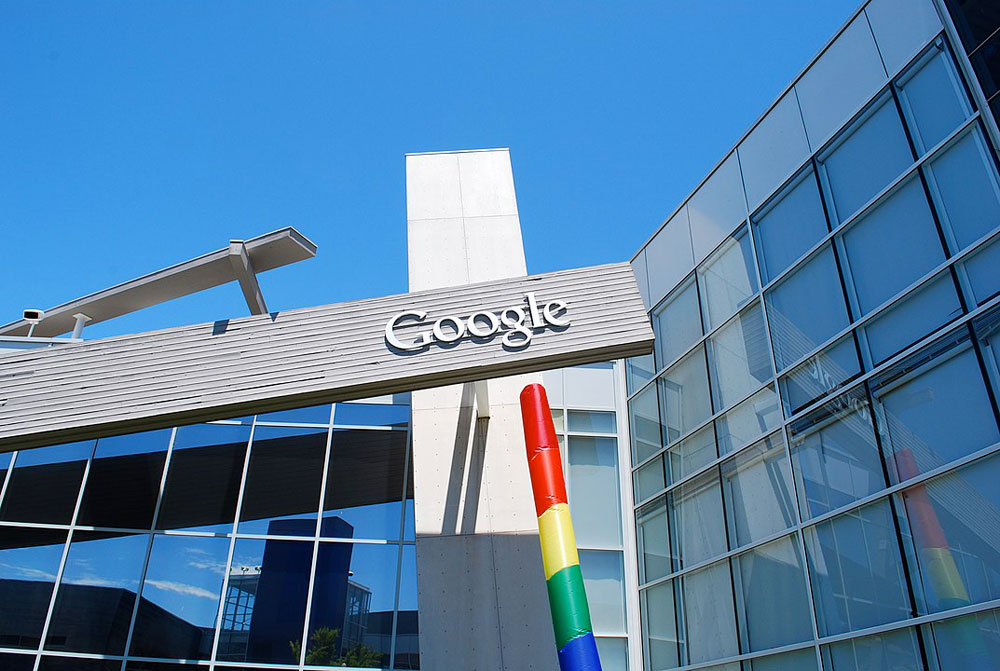
July 2, 2019; Fast Company
When is a philanthropic effort a boon, and when is it a sop to the locals meant to assuage the consciences of corporate players who are otherwise focused on the simple extraction of profit? In this Fast Company article about a tech-backed nonprofit accelerator, reporter Danny Crighton starts with—but never answers—this question, one posed increasingly often these days.
These two sentences may seem familiar. First, “The tech industry has created the world’s greatest inequality machine, solving every one of our problems except the ones like housing affordability, education access, and healthcare availability that might lead to greater agency and equality.” (These are, of course, worsened in cities like San Francisco where housing prices and the cost of living have been driven through the roof, forcing many of its former residents from the city.) And then, as if it answers those issues, “Now though, a growing list of the Valley’s leading companies are engaging with the issues in their own neighborhoods and globally—as are their employees.”
The article describes Fast Forward as available to very-early-stage nonprofit startups, providing them with $25,000 apiece along with training and mentoring. It waxes on about the enthusiasm of the tech companies and their employees/mentors toward the effort and how Fast Forward can increase tenfold the numbers of nonprofit startups—as if that were the point.
There is no doubt that the efforts themselves are often needed by those still able to be housed in San Francisco. Almost Fun SAT “is helping under-resourced students get access to better college test prep exercises,” FreeFrom ”helps domestic violence survivors get access to compensation,” and Hikma Health is “a health management platform for refugees.” Dost works to improve literacy for Indian women.” Upsolve wants to support low income Americans who could benefit from bankruptcy protection, while Tarjimly strives to provide translation services to refugees at critical moments of need.
Sign up for our free newsletters
Subscribe to NPQ's newsletters to have our top stories delivered directly to your inbox.
By signing up, you agree to our privacy policy and terms of use, and to receive messages from NPQ and our partners.
But last week, according to Fast Company, Fast Forward announced it had secured a new round of funding and “raised $5 million in new philanthropic funding from leading companies like Google.org, Twilio.org, Blackrock, the Hewlett Packard Enterprise (HPE) Foundation, Okta, PagerDuty, AWS, GitHub and many more.” That’s not to mention the number of corporate funders, which has also increased in the past two years.
Fast Forward claims its network has touched 51 million individuals and received more than $100 million in funding. Skeptics might wonder if the $5 million might be better spent going directly into the nonprofits’ coffers. More generally, do efforts of this kind obscure the severity of the problems an out-of-control extractive economy creates?
Ruth McCambridge recently underscored the message of Anand Giridharadas, author of Winner Take All, who has worried about the corrosive effect of the wealthy on the nonprofit sector:
It remains to be seen…whether the nonprofit sector will begin asking itself some deeply uncomfortable questions. Should anyone working to make cities better and more equitable take money from JPMorgan Chase, which paid a huge sum for its role in helping to bring about the 2008 mortgage disaster and financial crisis? Should anyone working to help families affected by President Trump’s immigration policies take money from Mark Zuckerberg, whose soft-pedaling of Russian interference in the 2016 election allowed anti-immigrant hate to spread and potentially helped Mr. Trump gain votes? Should any health institution take money tied to Pepsi or Coca-Cola?
Can Fast Forward’s approach solve problems like inequality, environmental threats, forced migration, and illiteracy—ones that affect billions? Or, in the end, do its partnerships make it part of the problem? Tough questions when money is tight and dreams and passion are high.—Martin Levine













